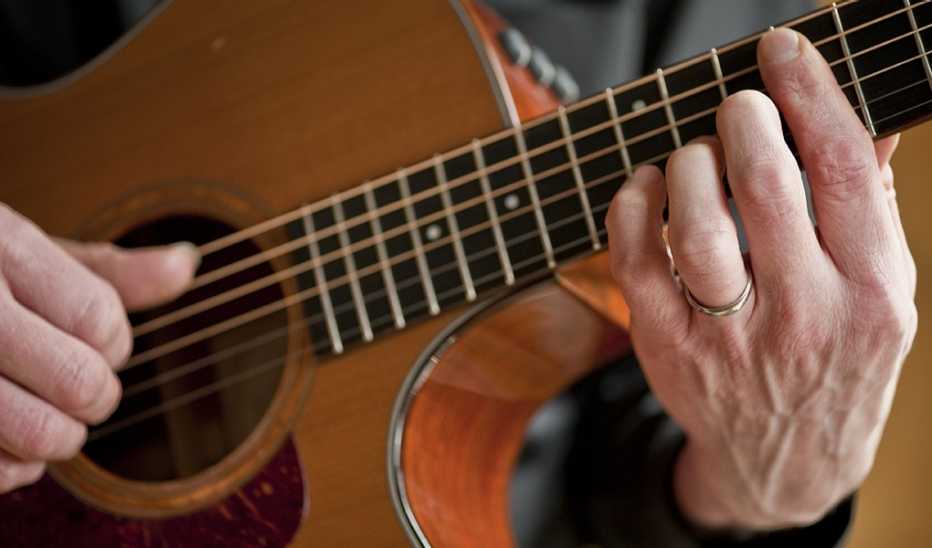Challenges


Quick Win
Start fiddling with an instrument to exercise your brain.
Try This Today
- Pick an instrument. Think about what kind of music you enjoy listening to and would like to produce. Identify an instrument that excites you because of its shape, sound or way it’s played. Consider the environment you would practice and play in (by yourself, with a group, in an apartment) and about other considerations, such as ease of transporting the instrument.
- Set a budget. Factor in the cost of the instrument and private or group lessons. You should budget how much time you can devote to music, too.
- Find an instructor. Reach out to music shops or ask acquaintances about instructors in the area. If there’s no teacher near you, you can take lessons through video call. Several sites — such as Lessonface, Live Music Tutor, Musika and TakeLessons — offer private lessons at varying prices.
- Learn for free online. Consider getting instruction through YouTube channels, including Marty Music for guitar and Piano Couture for piano. You can find other websites and apps with free resources.
- Keep it casual. Whether or not you ever perform for an audience, playing an instrument can be a satisfying hobby.
Why
AARP’s Global Council on Brain Health agrees, stating in its 2020 report “Music on Our Minds”: “Learning to play a musical instrument can offer a sense of mastery and self-esteem, while enhancing brain activity.”
“It engages every part of your central nervous system,” John Dani, chair of neuroscience in the University of Pennsylvania’s Perelman School of Medicine, said in a 2017 Penn Medicine blog post. “Recent studies suggest that [playing an instrument] may be a uniquely good form of exercising your brain.” And those brain benefits transcend musical ability. One study among people average age 73, published in 2023 in the journal Frontiers in Aging Neuroscience, found that learning a musical instrument can improve the ability to retain and recall written and spoken information, in as little as 10 weeks.











More From Staying Sharp
Fostering Pets for Joy and Purpose
He built a retirement finding temporary homes for pets of service members and hospital patients
The Importance of Social Connection
Learn how social connections impact your health and get tips for nurturing relationships
Try Tai Chi for Balance and Well-Being
Harness the benefits of this low-impact, accessible form of exercise